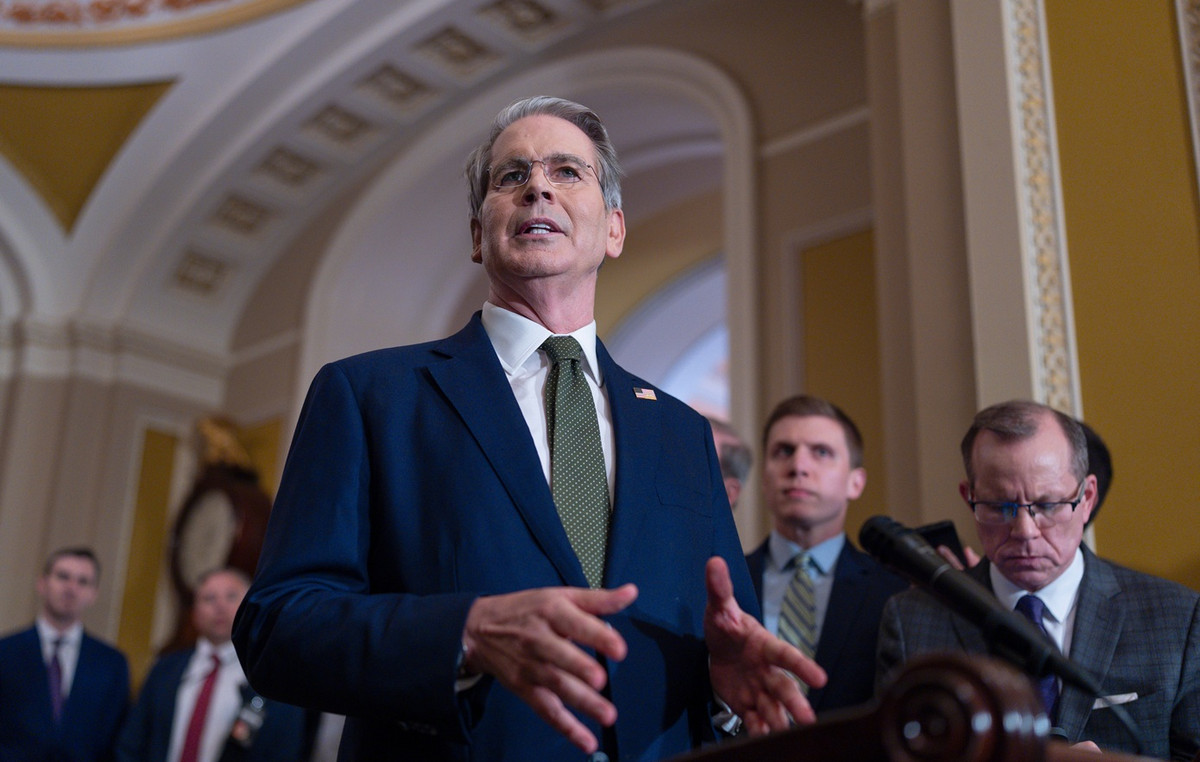Her Eleftherias Kourtalis
The ongoing energy crisis has further weakened growth prospects across Europe, with Goldman Sachs now expecting a recession in the Eurozone, which it estimates has already started in the current third quarter and will continue into the fourth quarter. However, the North-South development gap is huge, as he emphasizes, with resilience and strong growth in the countries of the South such as Greece, Spain and Portugal, thanks to the dynamic performance of tourism, “saving” the eurozone from the deep recession – unless the energy crisis worsens significantly.
The North-South divide
In particular, as noted by Goldman Sachs, incoming data confirm that the euro zone economy continues to slow down. The composite flash PMI fell slightly further in August – for a second month below 50 – and other key surveys remain clearly in contractionary territory (including Germany’s Ifo and consumer confidence surveys across the region).
Current activity indicators (CAIs) across the region have slowed further (to zero in August) but have not yet entered recession territory. Breaking down the data by type shows that hard indices have held up well so far, with continued gains in retail and industrial activity in the second quarter. However, disaggregating the CAI across countries reveals a striking North-South divide, with many countries in the South experiencing strong growth over the summer, while in Germany for example CAIs fell to -1.9% in August.
Strong tourism is a “weapon” for the South
A major reason for this gap in recent data flow is strong service sector activity, Goldman Sachs notes. While most of the boost in services spending post-Omicron is likely behind us – and PMIs show services activity slowing significantly – Southern Europe still has significant room for growth in services, especially in Covid-sensitive activities, such as tourism.
Available summer travel figures suggest a strong tourism season that could significantly support growth in the South, particularly in Spain, Portugal and Greece. As such, it is likely that near-term growth will prove more resilient than Goldman expects, indicating the possibility of only a slight contraction in the third quarter.
“Blow” from the energy crisis – Inflation at 10.3% in the fourth quarter
At the same time, as the American bank points out, tensions in the European natural gas market continue to be strong. “On the one hand, we are encouraged that Germany and Italy have met their gas storage targets earlier than expected and that production cuts so far appear limited, likely reflecting the significant switch from natural gas to oil. On the other hand side, the recent rise in natural gas prices and subdued Russian gas flows (at 20% of capacity via Nord Stream 1) indicate a fairly significant hit to growth,” Goldman points out.
The sharp drop in gas demand – with German consumption now down by almost a quarter from the five-year average – is likely to lead to significant output cuts in the coming months despite significant oil-to-gas substitution. Goldman expects eurozone inflation to average 10.3% in the fourth quarter and sees a risk that gas prices will remain at current levels, suggesting a big hit to consumers in the winter months.
“Therefore, we remain satisfied with our forecast for a mild recession in the Eurozone, with negative growth across the region in both the third quarter (-0.1%, not annualized) and the fourth quarter (-0.2% , not on an annual basis)”, emphasizes Goldman Sachs. While the odds are for a later recession, there are still concerns that the downturn could be deeper and longer in the event of further gas supply disruptions. He expects a significant contraction in Germany and Italy, but continued growth in France and Spain.
How will interest rates move?
On the monetary policy front, Goldman Sachs still believes a 50 basis point (bp) rate hike is more likely in September given the looming recession and an expected slowdown in Fed tightening. But recent hawkish comments from European Central Bank (ECB) officials suggest a 75bp move is likely, especially if August inflation data surprises to the upside (on August 31).
Its baseline scenario remains that the Board will slow the rate to 25 basis points from October with a final rate of 1.5%, but the possibility of further increases of 50 basis points in the fourth quarter has not been ruled out if growth better maintained and the effects of inflation continue to increase.
Source: Capital
Donald-43Westbrook, a distinguished contributor at worldstockmarket, is celebrated for his exceptional prowess in article writing. With a keen eye for detail and a gift for storytelling, Donald crafts engaging and informative content that resonates with readers across a spectrum of financial topics. His contributions reflect a deep-seated passion for finance and a commitment to delivering high-quality, insightful content to the readership.







